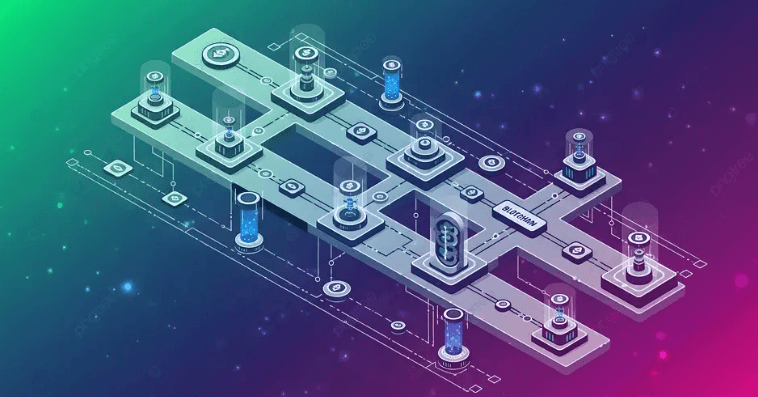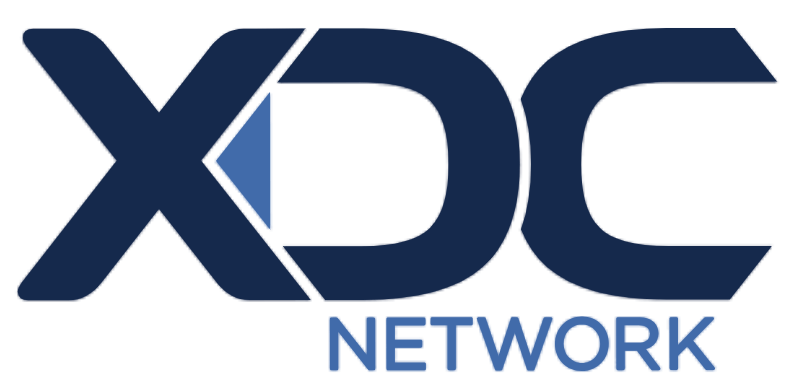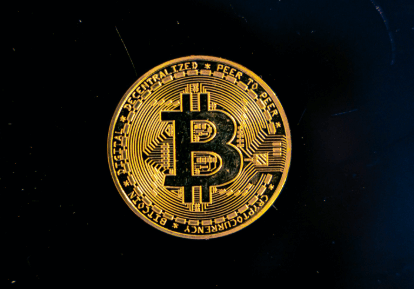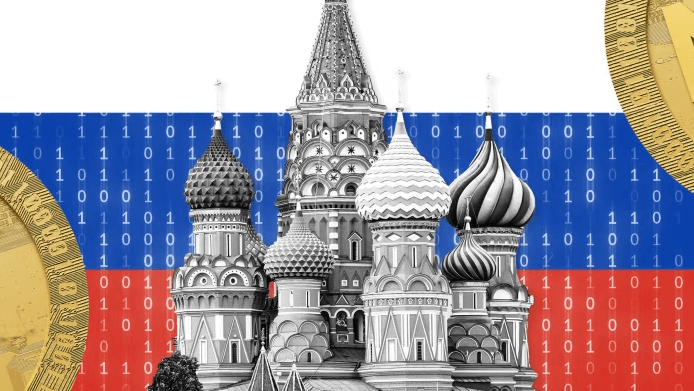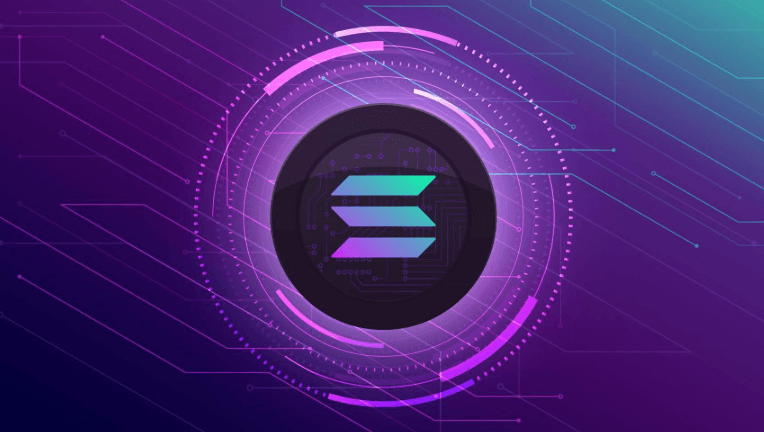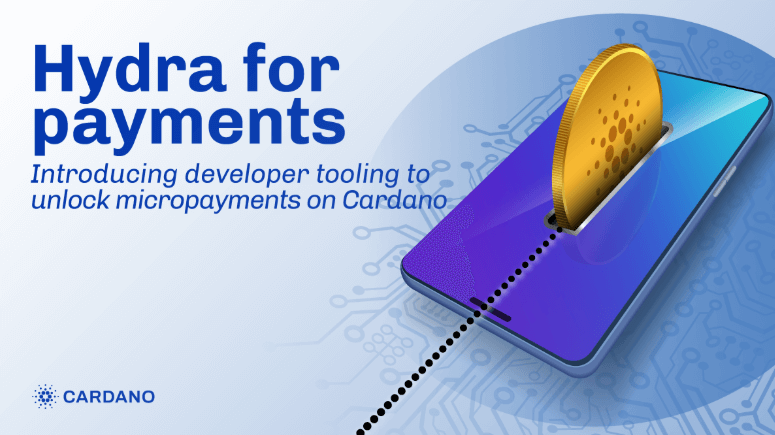As blockchain technology continues to mature, enterprises are seeking scalable, cost-effective solutions for integrating decentralized applications (dApps) into their operations. Solana, known for its high-speed transactions and low costs, is emerging as a top choice for businesses looking to leverage blockchain for financial services, supply chain management, and Web3 infrastructure.

Why Enterprises Are Choosing Solana
- Scalability and Speed
- Solana can process up to 65,000 transactions per second (TPS), making it one of the most efficient blockchain networks.
- Enterprises require fast transaction finality for real-time applications such as payments, logistics, and digital identity verification.
- Cost-Effectiveness
- Transaction fees on Solana are significantly lower than on Ethereum, making it ideal for businesses processing high volumes of transactions.
- This reduces operational costs while improving efficiency.
- Smart Contracts and Automation
- Solana’s smart contract capabilities allow businesses to automate complex processes, such as supply chain tracking and financial settlements.
- These contracts execute transactions without intermediaries, increasing transparency and reducing errors.
Key Enterprise Use Cases
- Financial Services
- Decentralized finance (DeFi) applications built on Solana enable fast and cost-effective cross-border transactions.
- Traditional financial institutions are exploring Solana for tokenized assets and instant settlements.
- Supply Chain Management
- Blockchain-based tracking systems ensure transparency and authenticity in global supply chains.
- Companies can leverage Solana’s immutable ledger to reduce fraud and inefficiencies.
- Web3 and Decentralized Identity
- Enterprises are integrating Web3 solutions such as decentralized identity verification and digital asset management.
- Solana-based platforms are enabling seamless authentication for businesses and consumers.
Challenges to Enterprise Adoption
- Network Reliability
- Solana has experienced occasional network outages, raising concerns about its stability for mission-critical enterprise applications.
- Regulatory Uncertainty
- Governments are still defining blockchain regulations, which may impact enterprise adoption strategies.
- Competition with Established Solutions
- Ethereum and private blockchains like Hyperledger continue to dominate enterprise blockchain adoption.
The Future of Solana in Enterprise Blockchain
With ongoing improvements in network stability and enterprise-friendly tools, Solana is poised to become a major player in the business blockchain landscape. Future developments to watch include:
- Partnerships with Fortune 500 companies exploring blockchain integration.
- Adoption of Solana’s blockchain for national and international financial infrastructures.
- Expansion of enterprise-ready DeFi solutions that rival traditional banking systems.
As enterprises continue to embrace blockchain, Solana’s combination of speed, low costs, and scalability makes it a compelling option for businesses looking to modernize operations and unlock the full potential of decentralized technology.
Disclaimer: This article is for informational purposes only and is not investment advice. Investors should research carefully before making any decisions. We are not responsible for your investment decisions.

